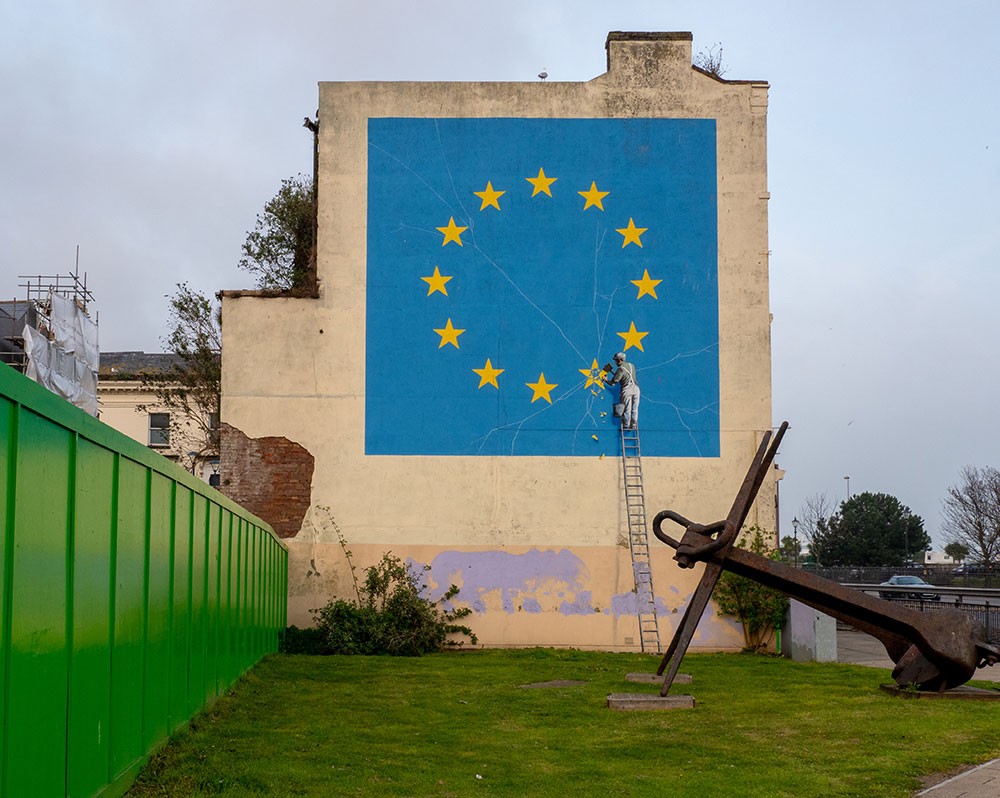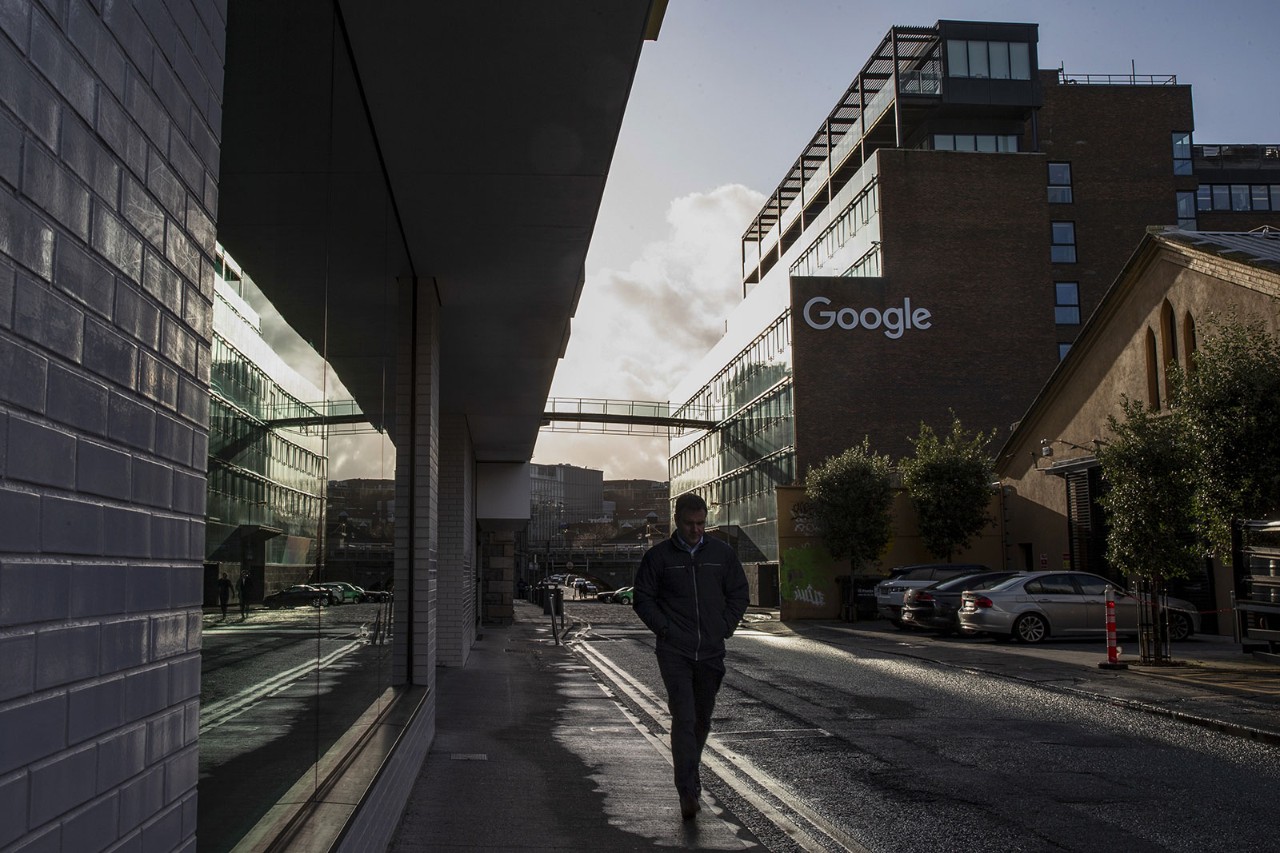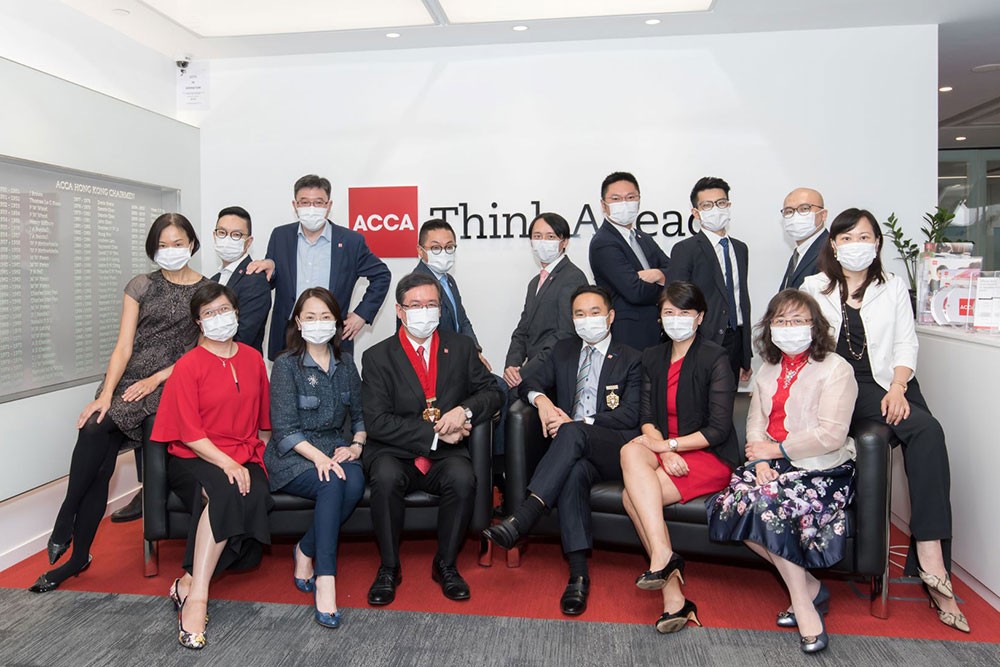
Entrepreneurship is what makes Truong Duc Thang tick. The young entrepreneur has founded or co-founded multiple startups, in addition to mentoring aspiring entrepreneurs and completing his ACCA Qualification.
‘Liberzy is my first startup,’ he says. ‘I started it in 2017 because that was when I moved from Hanoi to Da Nang, which is a city for tourists. I talked to tourists and understood what they need and want.’
Based on that research Thang launched Liberzy, an online platform specifically for Vietnamese tourists to share their travel experiences.
While foreign travel sites such as TripAdvisor and AirbnbB are popular in Vietnam, they cater more to English speakers. Liberzy, on the other hand, has tapped into the country’s fast-growing domestic tourism sector (although the Covid-19 pandemic has slowed that growth).
Recalling the challenges of getting Liberzy up and running, Thang says: ‘I didn’t know the legal aspects of launching a business or how to apply for a licence, so I entered a startup incubator. They connected me with a technology company, and I showed them how I was solving problems for tourists.’
A month later, that tech company invested in Liberzy.
Desire to improve
At the start of his career, Thang put in years of work building up his accounting credentials. In 2008, he began pursuing ACCA’s Certified Accounting Technician (CAT) qualification, which he achieved in 2010.
I love the ocean, and when I travel along beaches in Vietnam, I see so much plastic, So I decided to create a green map of places that have eco-friendly policies
He then graduated from university and worked for a year – first as a trainee at EY and then as an internal auditor at state-owned insurance company Bao Viet holdings – before deciding to study for the ACCA Qualification.
‘It took me three years to complete that, and I also became a certified internal auditor,’ he says. ‘In 2016, ACCA and the University of London launched the MSc in professional accountancy with distance learning, which I completed in six months.’
Thang says he was driven by the desire to improve his career prospects. ‘When I started the CAT programme in 2008, I was a third-year university student, so I was very young,’ he recalls.
‘I was very worried about my future career path, but ACCA held some workshops at my university, and I saw it was an international programme that could bring opportunities.’
However, he immediately encountered difficulties, as he struggled with English and even considered giving up. But after meeting some students who had completed their ACCA training and said it could help with finding a good job with a high salary, he redoubled his efforts and eventually succeeded.
Inspirational teacher
Today, Thang is, among other things, an ACCA lecturer, and uses his experience to motivate accountancy students.
‘Inspiring students is a task I have assigned myself. I want to share my knowledge, my experience and how I overcame difficulties.’
While Thang initially taught in person, a few years ago he took his classes online as it better suited his students’ schedules as well as his own.
‘I still teach because I want to gain experience from business and then pass that knowledge on so that students can better understand the realities ,’ he says.
Thang says that the broad expertise that ACCA offers has been hugely beneficial.
‘ACCA provides a wide range of knowledge, not only in accounting but also in finance, business management strategies, taxation, internal controls and more. I gained confidence because of ACCA and my experience in business,’ he explains.
‘I think confidence is the main thing I learned, and it’s helped me a lot in doing business. You can face many challenges but, with my background, I know how to deal with them.’
Swimming with sharks
That confidence was built through the sometimes painful process of building Liberzy from the ground up. Thang initially thought it would take six months to launch the travel platform, but it ended up taking two years.
‘I had no experience building a mobile application, so I made many mistakes, and from 2017 to 2019 I had to research the market and finish the technology,’ he says.
In the second half of 2019 he went on the TV show Shark Tank Vietnam – where entrepreneurs pitch to a panel of investors or ‘sharks’ – and gained funding from one. This gave the startup some much-needed breathing space.
Although the pandemic forced Liberzy to suspend its services earlier this year over travel safety concerns, Thang and his team have continued to build a following through Facebook and other social media platforms.
Vietnam’s successful containment of its initial wave of Covid-19 in March and April allowed Liberzy to plan a promotional campaign centred on Da Nang, but the late July outbreak has forced it to postpone.
The city is, however, now starting to return to normal, and Thang hopes to be able to launch the campaign shortly.
Commitment to sustainability
Not content to rest on his laurels, Thang has also launched Green Beli, which focuses on environmental sustainability.
Like many countries, Vietnam is struggling to control plastic waste, both generated domestically and washed up along its coastline.
‘I love the ocean, and when I travel along beaches in Vietnam, I see so much plastic, which comes from restaurants, cafes and hotels,’ Thang says. ‘So I decided to create Green Beli, a green map of places that have eco-friendly policies.’
People can use the online platform to leave reviews of businesses with green practices, such as offering bamboo straws to customers. So far, more than 500 businesses nationwide are listed on Green Beli, with others in Singapore, Thailand and Malaysia, while over 40,000 people have registered on the site.
‘This is unique in Vietnam,’ Thang says, ‘and these businesses need more exposure so that we can build a community around them.’
Things are happening fast. If you have an idea, you can convert it into a real mobile application or business model in six months or a year
CV
2019
Co-founder, Green Beli
2019
Co-founder, TOP Sinh Vien
2017
Founder, Liberzy
2015
Managing director, Le House Hotel, Da Nang
2013
Founder and CEO, BST Vietnam Training
2012
ACCA lecturer
2010
Internal auditor, Bao Viet Holdings
The Green Beli team now aims to create green criteria for hotels, restaurants and other businesses to qualify for a listing and has received government support to enable the company to partner with the hospitality sector.
Startup economy
Vietnam frequently makes headlines for its rapid economic growth; even amid the global pandemic, the country’s GDP expanded in the first half of 2020.
While international industries such as electronics and textiles are vital to the economy, startups are increasingly important, and the government wants Vietnam to become a hub for innovation.
As a startup entrepreneur, Thang has experienced first-hand what this looks like. ‘I’ve been running startups since 2017, and things are happening fast,’ he says. ‘If you have an idea, you can convert it into a real mobile application or real business model in six months or a year.
‘Of course, we have some problems in Vietnam. But with every problem, we can come up with solutions, and there are so many opportunities for innovation here. I currently have four ideas for more startups, and I’m working on launching another one to solve problems for the travel industry.’
There is currently no timeline for the return of international tourists to Vietnam, crippling an industry that had been experiencing record growth. Many businesses have closed, while major hotels that previously relied on foreign visitors are barely functioning.
It’s a huge problem, but Thang also sees opportunity. ‘There are massive changes in tourist behaviour, and we want to take advantage of these trends,’ he says.
‘We will create a mobile application focused on domestic tourists. With so many problems to tackle, there are many opportunities for innovation.’
Invest in the future
Given Thang’s already extensive and varied CV, you could forgive him for taking a break himself. That, though, is not part of his plan.
‘I want to become a startup investor,’ he says. ‘I have more ideas and I also want to find young people with ideas of their own so that I can invest in them. I also want to keep sharing my knowledge and experience with young people.’
So does he have any advice for future entrepreneurs around the world? ‘You must have a long-term vision,’ he replies.
‘You have to study hard and work hard to achieve it. You cannot quit. I’ve seen so many students quit, while others keep going and become successful.
‘If you don’t give up, you will absolutely achieve success.’




